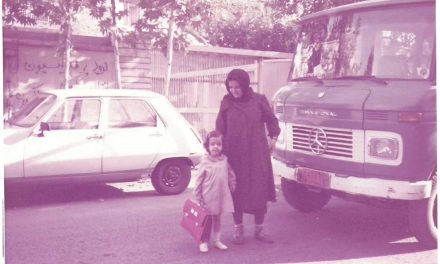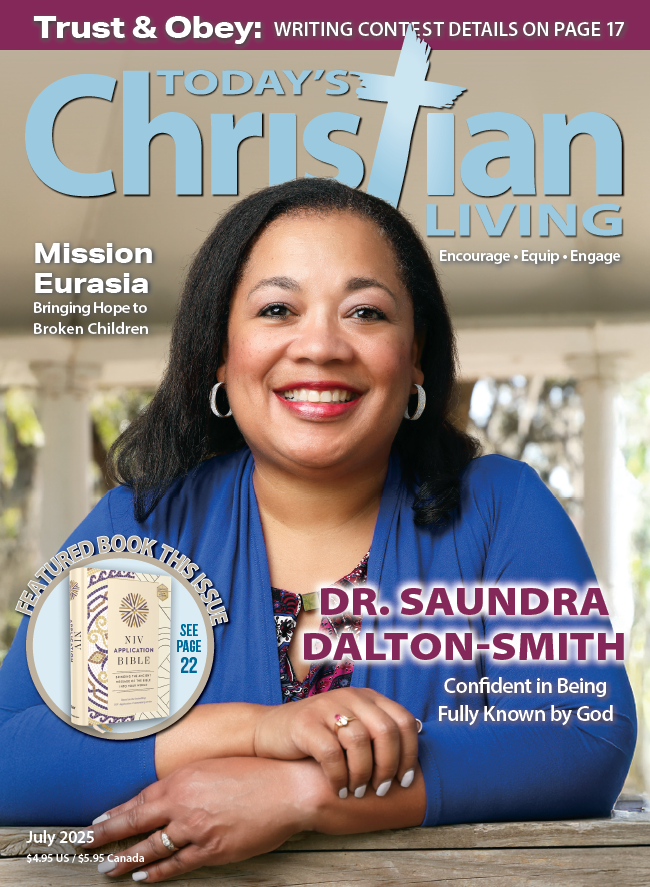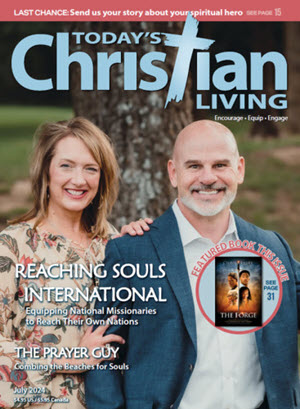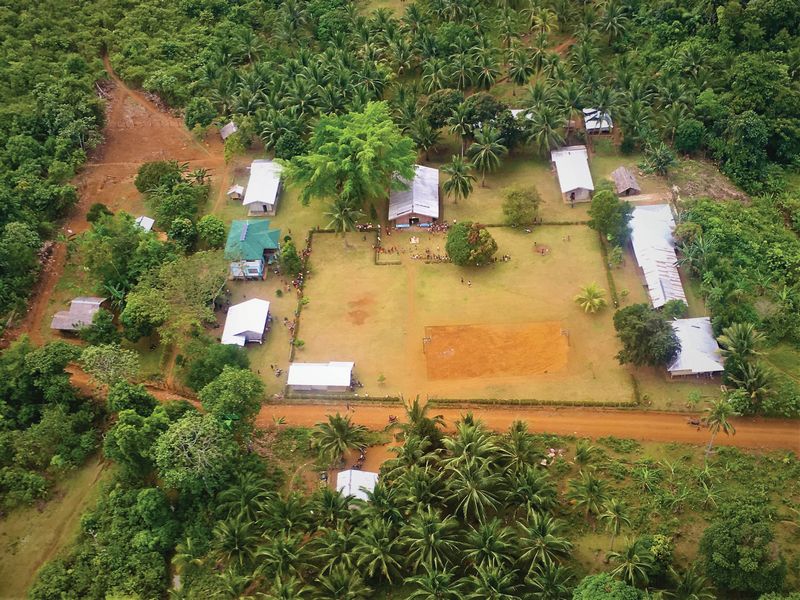
Imagine living every day in such terror of offending dozens of so-called “gods” that your entire life — every aspect of your existence — requires appeasing them through ritual sacrifices. For hundreds of years before the 1970s, this was the case for the Tagbanwa people of the Philippines. Thankfully, Jesus has set many of them free because three Christian couples answered the call to bring the gospel to this previously unreached people group.
One of the couples was Jody and Barbara Crain. In the mid-1970s, Jody Crain attended a missions conference in Florida, where a missionary spoke about the urgent need to share the gospel with thousands of ethnic groups who have never heard it. He emphasized Romans 15:20: “Yea, so have I strived to preach the gospel, not where Christ was named, lest I should build upon another man’s foundation” (KJV) and I Cor. 15:34 “Awake to righteousness, for some have not the knowledge of God: I speak this to your shame” (KJV). Jody responded wholeheartedly to the call. In fact, the Lord had been working in the hearts of both Jody and his girlfriend, Barbara, to commit their lives to the mission field. Eventually, they married, and the Lord led them to join New Tribes Mission, now known as Ethnos360 (ethnos360.org).
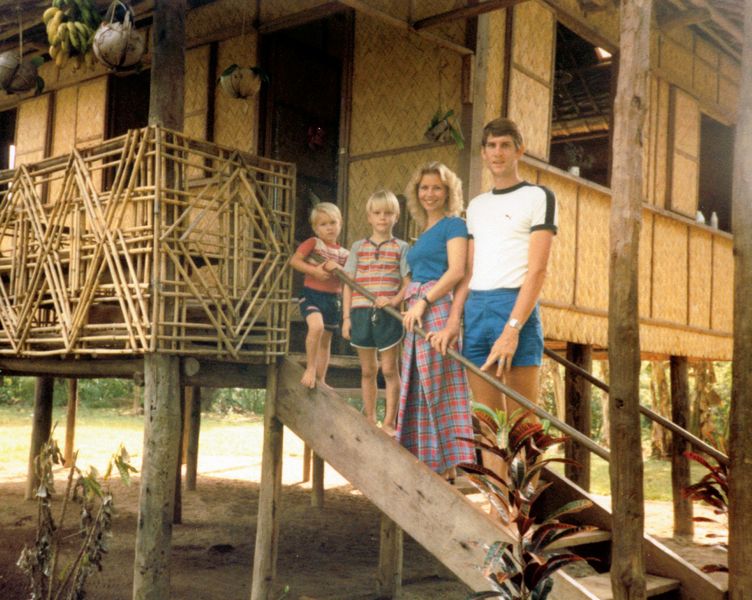
A Time of Preparation
Ethnos360 maintains high standards in preparing workers for the mission field, so it took a few years before Jody and Barb were able to start reaching out to the Tagbanwa. “We spent a year and a half in Bible School, one year in actual cross cultural missionary training, then spent another year in language, linguistics, literacy, and anthropological studies and did some study of tropical medicine,” Jody said.
The ministry requires its workers to converse with the people in their heart language, rather than in English. “You can’t teach a whole ethnic group English,” Jody said. “For example, their word for ‘holy’ is ‘talagang alaid nga alaid kat maski unu nga kasala’an.’ It’s not a single word, but a series of words. The reason is that they don’t have a single word even to describe ‘holy.’ So, it’s important to come to them on their terms, in their language.”
The process of learning their language and culture takes time, but it’s worth the effort, as it not only improves communication but helps win the heart of the people. “Language differences force adults to become like children,” Jody explained. “When you’re speaking their language and you sound like a 3- or 4-year-old, the people pity you. And it softens their heart whenever you’re trying not to be a teacher but a learner. And that’s so crucial for a proper entrance into a people’s worldview and vernacular. Whenever you realize that you’re totally dependent on them for everything, that makes you humble.”
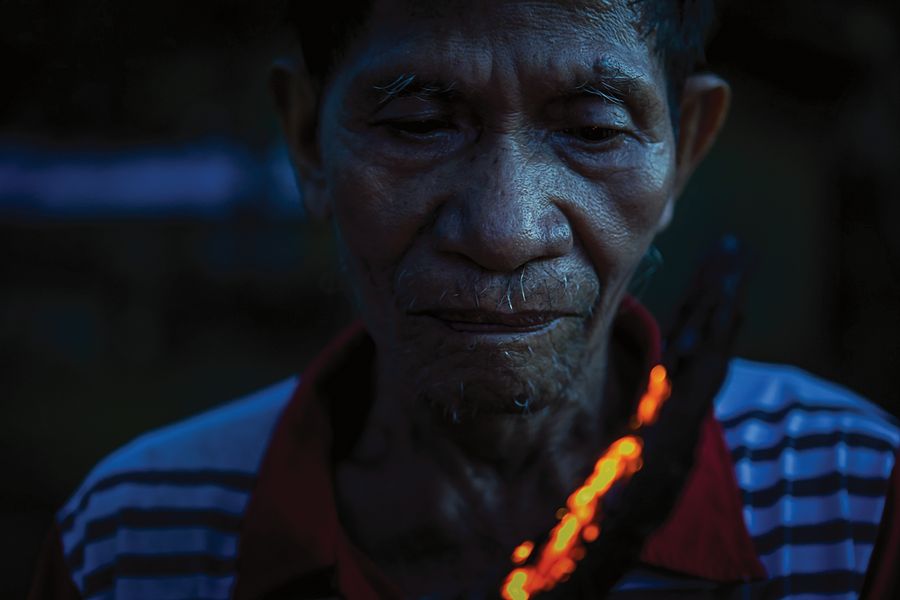
A Turning Point
In 1979, after a year in a town near Manila studying the national language, Jody and Barb moved to the island of Palawan into Tagbanwa land, with their permission.
“We built a bamboo house like theirs, well almost … ours was only about three times larger. The night before we actually moved into the house, around 3 a.m. as we slept at our coworker’s home, we were awakened by shouts that our house was on fire. In less than 20 minutes, it was gone, burned to the ground. We think a gas fridge that someone in Texas gave us must have developed a leak in one of the tubes during the shipping.
“By morning our coworkers’ porch and yard were full of people. They were thankful that we were OK, but they were very sad, almost like mourning. They said that they were so sorry that we had to leave, to which we asked, ‘why?’ They said the spirits are upset with us for building on that land, and if we didn’t leave, someone in our family would die.
“We and our coworkers discussed the situation and prayed about what our response should be. We decided that we would dig up the burned-off posts. Most of them were burnt almost level with the ground. We put brand new posts back in the same holes as a testimony to God’s protection over us.
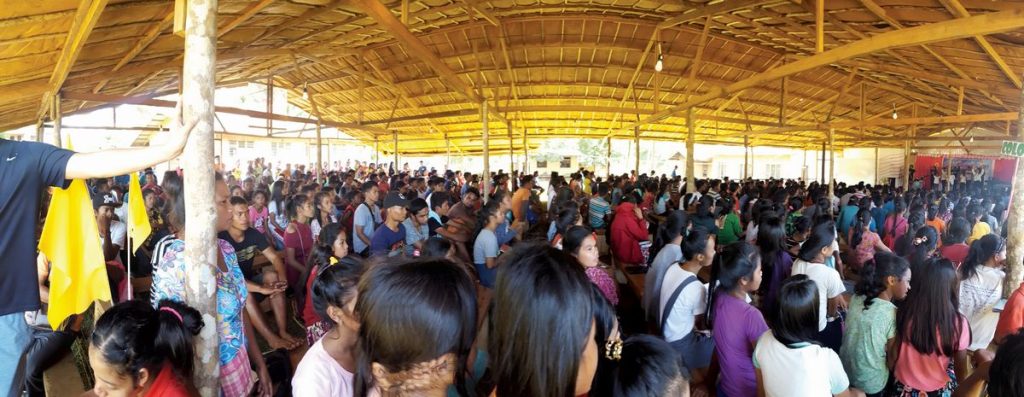
“The people were so fearful that we could hardly find anyone who would work on that property in the village for fear of getting sick and maybe dying. In fact, before the fire, the Tagbanwa people used to walk right past where our porch was to go to the ocean to fish. They decided to cut a new trail around the clearing where our house was so that they didn’t even have to walk on the land where our house had been built.
“It wasn’t until 2020 during an interview with one of the Tagbanwa church elders that we really understood the reason and impact that our house burning down had on the Tagbanwa people. We didn’t know at the time that when we put those new house poles back in the very holes of our original house, it would become a turning point for the Tagbanwa people.
“It was our oldest church elder, Amay Limbuan, who said, ‘Your house became a monument, a marker, that stood in contrast to everything we Tagbanwas feared.’
“We had no idea that God would use a tragedy and a setback from what we thought slowed our progress to actually open the hearts of the people to the gospel. Not only in that village, but many other villages!”
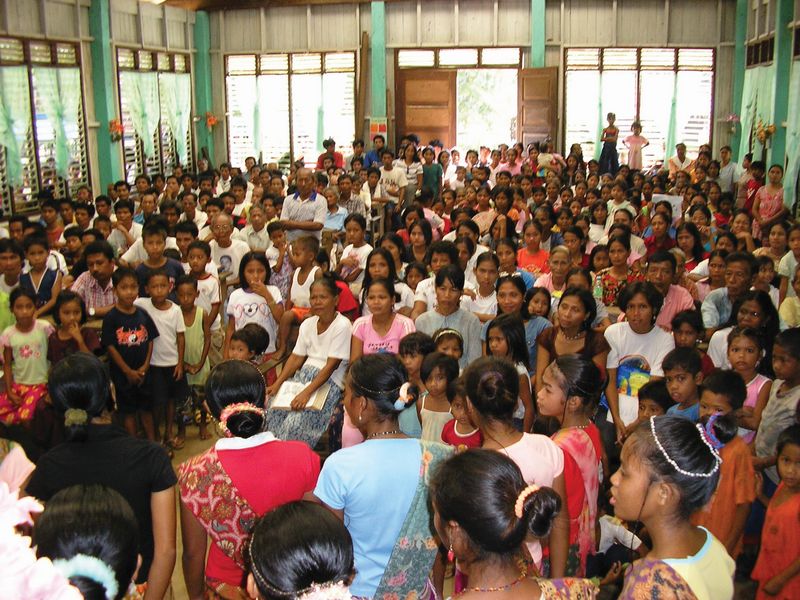
Laying a Foundation
In their traditional beliefs, Tagbanwa are animists, which means they believe everything has a soul: humans, animals, plants, rivers, mountains, and other nonliving things — everything.
The Tagbanwa have a drastically different view of the spiritual world than we do in the West. They believe in 84 spirits. Their chief god, Ampu’, is distant and cares little about them. Under Ampu’ are 83 other spirits whom they must appease to prevent disaster from coming upon them.
“Crippling fear controlled almost every area of their lives,” Jody said. “They lived in fear of offending the spirits, fear of sickness caused by the spirits, fear of darkness, fear of eating taboo foods, fear of death, and so much more. They were hopeless of ever satisfying all the demands of these spirits, who insisted on more and more sacrifices with no true promise of deliverance from their paralyzing fears…. It’s not worship. It’s trying to balance their world so their crops will grow, their women will give birth without dying, there won’t be floods or famine. Every aspect of life is affected by the spirit realm.”
The Tagbanwa are prisoners of these demonic taskmasters, but when they turn to Jesus, they find freedom just as Scripture promises. “The Spirit of the Lord is upon me, because he hath anointed me to preach the gospel to the poor; he hath sent me to heal the brokenhearted, to preach deliverance to the captives, and recovering of sight to the blind, to set at liberty them that are bruised” (Luke 4:18 KJV emphasis added).
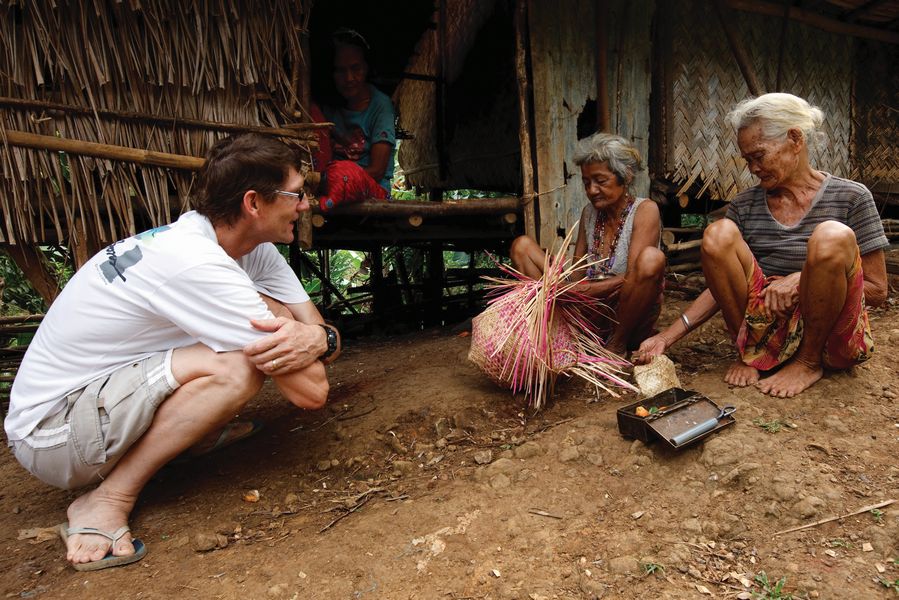
Creation to Christ
Ethnos360 recognizes that it’s ineffective to present the gospel to those who have no knowledge of the Bible without first laying a foundation through pre-evangelism. The Good News is meaningless without an understanding of basic concepts such as sin, justification, and redemption. If people don’t know who the true God is and why they’re separated from Him, they can’t understand the purpose of Jesus’ sacrificial death and how it applies to them. Grace under the new covenant is meaningless without first understanding the penalty of the law under the old covenant. John
Bunyan, author of Pilgrim’s Progress summed it up succinctly: “The man who does not know the nature of the Law, cannot know the nature of sin.”
Ethnos360 focuses on unreached people groups with no knowledge of Scripture, so the ministry doesn’t start by teaching the New Testament, but rather uses the “Creation to Christ” model, which begins with Genesis 1. Teachers cover the Old Testament in depth, including nearly 80 prophecies pointing to the coming Messiah. That way, when they finally reach the crucifixion in the New Testament, the people understand the significance of Jesus’ death on their behalf and are prepared to respond to it.
Jody and Barb began their ministry in Palawan by meeting with some of the Tagbanwa. Jody told them that God had a message for them, but he would only tell them with their permission. The Tagbanwa wanted to know what God had to say, so they accepted the offer.
The next morning, 30 or 40 men and women showed up to hear the message. Jody explained that God’s message was far too long to tell at one time. It would take about two hours a day, three days a week for three months. The Tagbanwa are a patient people, and for three months, they faithfully listened as Jody taught from Creation to Christ. When he finally reached the crucifixion and resurrection, they had enough background to understand what it meant. They had a decision to make about the information they were given, and many did trust in Jesus as Savior. That birthed the Tagbanwa church on the east coast of Palawan.
One of the main differences between the Tagbanwa and people in Western industrialized countries is that the Tagbanwa know they’re spiritually enslaved. Most in the West are in spiritual bondage, too, but we just don’t realize it. Western secular humanism tends to dismiss the spiritual world as unimportant, irrelevant, or just superstition, but the Tagbanwa know all too well its reality.
Unfortunately, Americans are now so biblically illiterate that they’re largely an unreached people group. Research indicates that only 4% have a biblical worldview. The Christian Tagbanwa can’t understand why we’re turning our back on the God who set them free. Why are we turning from light back to darkness?
With America lacking a biblical framework, many Bible teachers here have turned to Ethnos360’s Creation-to-Christ strategy. “I’ve taught chronologically here in the U.S. It’s just as effective here as overseas. It takes a little bit more for people to be willing to go the long haul, but they’re glad when they do because it gives you a full view of Scripture that’s very different than just snapshots here and there.”
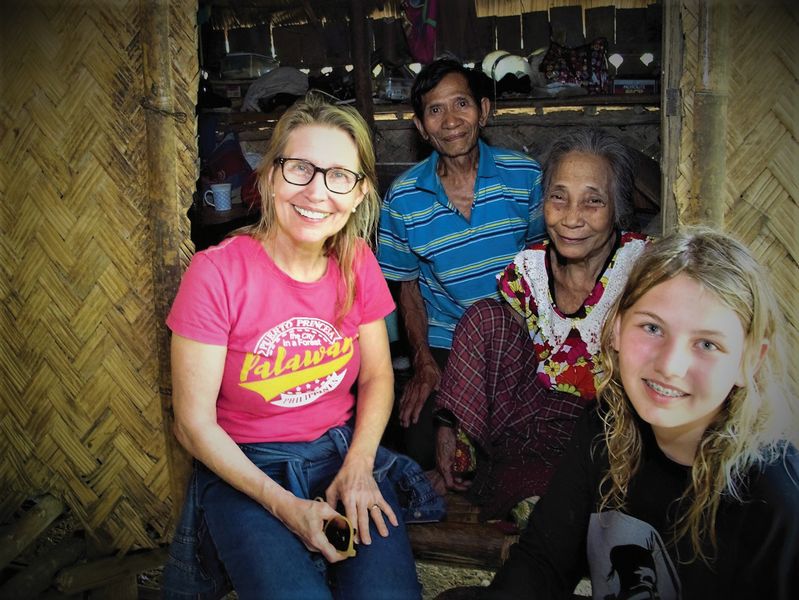
Danger on the Mission Field
While the Tagbanwa are a peaceful people, and missionaries face no danger from them, the work in the Philippines isn’t without risk. Missionaries face health dangers, such as malaria and medical emergencies, as expert medical help can be many hours away. In fact, Jody and Barb permanently returned to the United States in 2007 to recover from severe health issues. By that time, the Tagbanwa had already taken over leadership of their churches and were involved in church planting, so the work was able to carry on without the Crains’ day-to-day presence.
Since Jody’s move to Ethnos360’s Florida headquarters, he has continued work as a culture language acquisition consultant for the ministry. He keeps in touch with the Tagbanwa leaders almost daily and visits them at least annually and sometimes several times a year.
While health issues are a problem in remote Palawan because of lack of easy access to medical care, the greatest danger is from Islamist extremists, and it’s been this way for decades. One incident developed into a major international story, when on May 21, 2001, just a few months before 9/11, Ethnos360 missionaries Martin and Gracia Burnham, coworkers and good friends of the Crains, were taken hostage by Abu Sayyaf terrorists and held for more than a year. Jody, as the field director of Ethnos360, became one of the primary mediators between the terrorists and the Philippine government and was interviewed by major news networks during the ordeal.
After 376 days in captivity, a Philippine army unit tracked down the terrorists and their hostages. In the ensuing firefight, Martin was killed and Gracia wounded. Gracia’s book In the Presence of My Enemies recounts their ordeal and the incredible ways that God used it to point people to Jesus. For more information about Gracia, visit graciaburnham.org.
From a human perspective, it seems like a tragedy — and it was — yet God can work through tragedies to further His Kingdom. Just as the news of the martyrdom of Jim Elliot and four other missionaries in Ecuador in 1956 sparked a missionary movement, the Burnhams’ captivity brought more missionaries to the Philippines.
“You would think that with hostage situations going on in the Philippines that people wouldn’t want to come to the field,” Jody said. But Martin’s death actually spurred on missions work there. “We had about 98 missionaries at the time, and we had been communicating that we need some help here, and over the next 18 months, God increased our missionary force to 178. So, God uses very strange things to accomplish His purposes.”
The Tagbanwa Take the Lead
Jody became a field director in 1999. Not long after, he helped establish the Tagbanwa Training Center, which disciples Tagbanwa Christians and prepares some for ministry leadership. From the day Ethnos360 missionaries start their work, their goal is to work themselves out of a job. They train church leaders who will take over the work, plant churches, and train new leaders, duplicating the process, as the apostle Paul taught and modeled. “And what you have heard from me in the presence of many witnesses entrust to faithful men, who will be able to teach others also” (2 Tim. 2:2 ESV). “Our focus is on developing leadership within the churches,” Jody said. “The Tagbanwa have about 80 men and women in leadership who oversee the expansion of the work.”
The ministry Jody and Barb began with the Tagbanwa in 1979 is still thriving more than 40 years later, and the pace of growth is increasing exponentially. Around 3,000 of the 25,000 Tagbanwa are now Christians. Thirty-three villages have a church, with 13 or 14 planted in just the last few years. “We’re on track to plant two, sometimes three churches in a year,” Jody said.
Typhoon Relief
On December 16 and 17, 2021, Super Typhoon Rai (known locally as Odette) hit the Philippines, causing widespread devastation, including the island of Palawan. But once again, God has worked through even the horrors of this situation to bring people to Jesus. The Tagbanwa churches have made major contributions to the relief effort on the island of Palawan. Since the disaster, they’ve helped more than 790 previously unreached Tagbanwa families in rebuilding their homes. Seeing the impact of the Bible on the Christians, many of the families are asking if someone can teach them the Bible, too.
The help has come at a great cost to the Tagbanwa churches, though. In January, a beloved leader, Roniel Dinggo, nicknamed “Dong Dong,” died in a tragic road accident while transporting sheet metal panels for the home rebuilding project. Dong Dong had been the director of the Tagbanwa Training Center and had an impact on at least 20 of the churches. His funeral brought representatives from all 33 churches, with more than 1,000 attending, which is by far the largest funeral Jody has ever attended in the Philippines. This video shows the funeral procession that honored this faithful leader (bit.ly/DD-Funeral).
One might expect a tragedy like this to discourage people from volunteering for ministry, but as with Martin Burnham’s loss, it did just the opposite. “An accident like Dong Dong’s usually scares everyone,” Jody said. “They don’t want to run the risk of being another accident victim. But at Dong Dong’s funeral, the leaders were asking for volunteers for the next typhoon distribution. At the first distribution, they had 32 volunteers, but after the funeral, they had 75 show up. New leaders emerged and took over the organization of the project.
“Whenever there’s a vacuum, there’s the opportunity for God to raise up others. It will probably take two or three to take Dong Dong’s place but there are more than that who are willing and very capable to take on the teaching and discipleship responsibilities.”
Looking Forward
What began as a spark in 1979 is now a powerful light chasing away darkness on Palawan. “The people that walked in darkness have seen a great light: they that dwell in the land of the shadow of death, upon them hath the light shined” (Isa. 9:2 KJV). The Tagbanwa church has become a self-sustaining church planting movement that’s gathering momentum and is destined to set many more through Jesus in the coming years.



